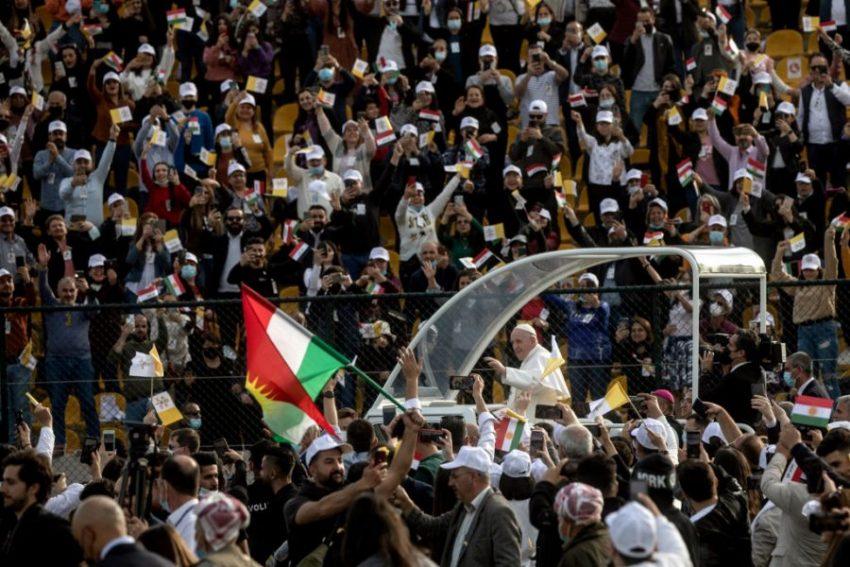
Planet A
Bangladesh has axed nine coal-fired power plant projects as high coal prices and low overseas investment have rendered coal production financially untenable in the country. Bangladesh’s shift from coal power began last year when it considered retreating from coal projects and eventually capped its coal power production.
Several external factors led to this outcome. High production costs have recently deterred Chinese and Japanese investment, while mounting international pressure against fossil fuels have led key financiers in Japan and Korea, and banks including the Asian Infrastructure Investment Bank, to shift away from coal. China’s recent US$1.5 billion deal to import coal from Indonesia—Bangladesh’s main supplier—also jeopardised Bangladeshi coal imports.
Although Bangladesh promotes renewable energy as chair of the multinational Climate Vulnerable Forum, domestic renewables account for only 1.5% of its annual energy production, and renewables investment is slow. This raises concerns that Bangladesh will switch to LNG, which may be as financially volatile and environmentally detrimental as coal.
Democracy watch
In the wake of Myanmar’s military coup in early February, protests have intensified across the country as hundreds of thousands of people take to the streets. The military’s crackdown on protests has intensified too, with dozens killed and violence continuing to escalate. Recently, hundreds of young anti-coup protestors were barricaded in Yangon’s Sanchaung township overnight by troops and police to the dismay of international observers.
The coup exemplifies Myanmar’s failed democratisation process, which started with the election of pro-democracy icon Aung San Suu Kyi in 2015 and ended with her defence of the military’s treatment of the Rohingya people at the International Court of Justice, which is investigating potential genocide. For many, the coup did not come as a surprise and reflects the military’s enduring power over the country in the context of a global turn towards autocracy.
While the international community has attempted to mobilise in defence of Myanmar’s democracy, until greater pressure is brought to bear on the military, more bloodshed looks likely.
Information operations
A new report from ASPI’s International Cyber Policy Centre spotlights the Chinese Communist Party’s coordinated information campaign against the BBC. Jake Wallis and Albert Zhang reveal how the CCP has been leveraging social media to spread misleading narratives about the BBC in response to critical reports on sensitive issues such as human rights violations in Xinjiang.
The authors found that the CCP’s main narratives are that the BBC ‘spreads disinformation and is biased against China’, its UK audience thinks that it’s ‘not to be trusted’ and its reporting on China ‘is instigated by foreign actors and intelligence agencies’. The CCP’s longstanding criticism of the BBC intensified after it reported allegations of systemic rape in Xinjiang’s internment camps and UK communications regulator Ofcom revoked state-owned China Global Television Network’s broadcast licence.
Noting the CCP’s desire to control global narratives, the authors argue that the party will continue to employ similar methods to contest international criticism, particularly on human rights.
Follow the money
The Swiss public has voted by a narrow margin to approve a controversial free-trade deal with Indonesia. The agreement was signed in 2018 and later ratified by the Swiss parliament. However, its entry into force was delayed after the farmers’ union collected the more than 50,000 signatures required to put the agreement to a public vote. Opposition to the deal focused on its provision allowing corporations to import palm oil with lower tariffs. Following the vote, the government granted conditional approval for trade to go ahead.
Palm oil is a major ingredient in many foods and cosmetics, but its use is controversial. Palm farming has been cited as the key contributor to deforestation in Indonesia and Malaysia, where it threatens wildlife. The EU has classified palm oil as unsustainable, but Indonesia and Malaysia allege that these ‘discriminatory’ statements are motived only by a desire to protect EU business interests.
Although anti–palm oil campaigning failed to quash the trade deal with Indonesia, environmental groups are now focusing on Switzerland’s upcoming trade deal with South America’s Mercosur countries.
Terror byte
Pope Francis denounced religious extremism during his visit last week to Iraq, the first papal trip to the country. During his three-day stay, the Pope met with Grand Ayatollah Ali al-Sistani, a senior dignitary in Shia Islam; explored Mosul, a former Islamic State bastion; and spoke to Christian residents living under the IS caliphate.
Religious extremism has been a near-constant source of violence in Iraq. On Sunday, during an interfaith service—consisting of Shia, Sunni, Christian and Yazidi clerics—the Pope said that people shouldn’t remain silent when terrorism is masked as religious ideology, but instead ‘unambiguously to dispel all misunderstandings’.
The number of Iraqi residents identifying as Christians continues to dwindle, and in 2019 the Archbishop of Erbil said Christianity was ‘perilously close to extinction’ there, adding that ‘those … who remain must be ready to face martyrdom’. The Pope’s trip to Iraq and delivery of a sermon alongside different religious denominations is part of a combined effort of religious leaders to condemn religious extremism.